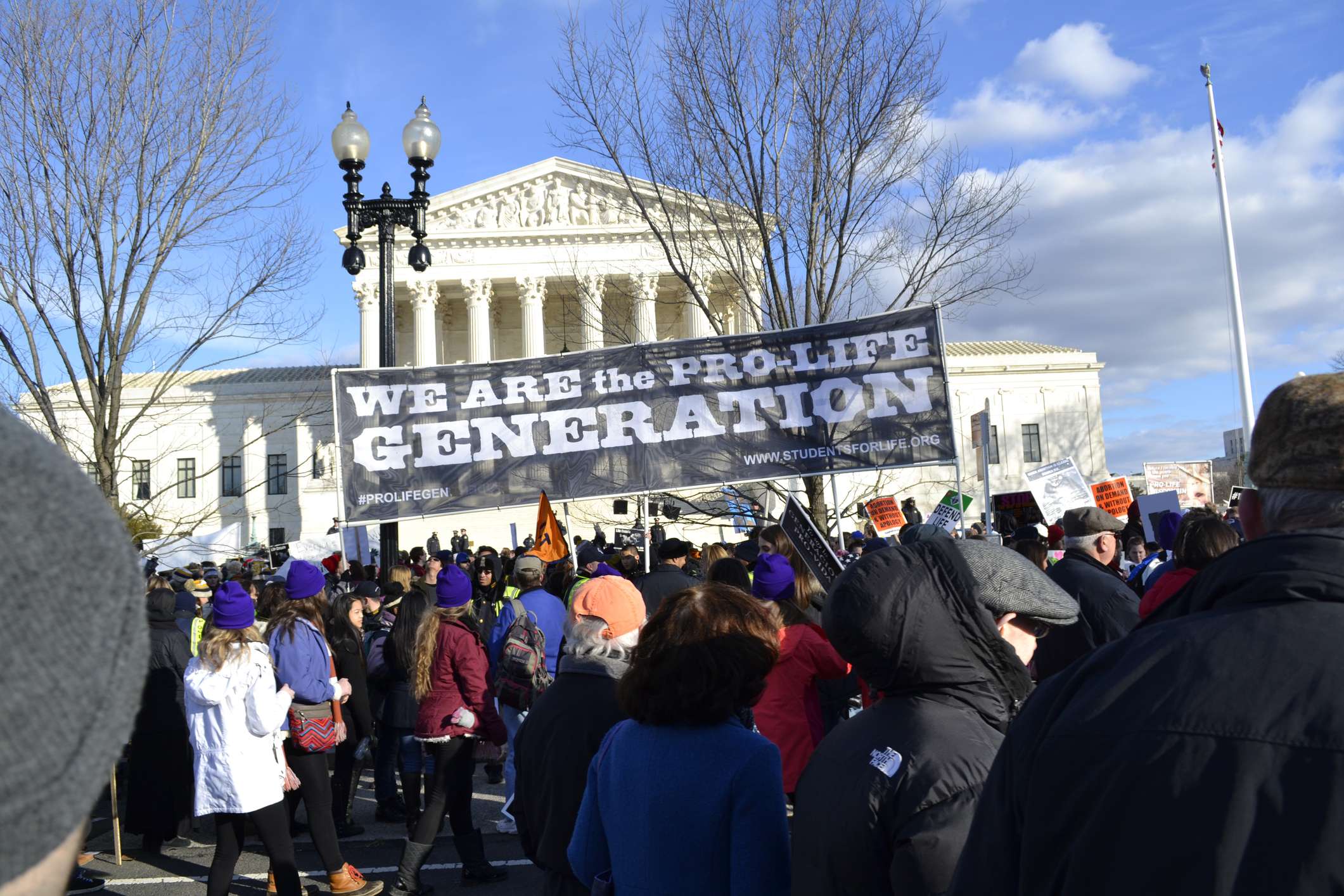
Eastern Regional Director and Maryland resident Michele Hendrickson went to the state capitol in Annapolis to join other groups in speaking out against physician-assisted suicide in Maryland.
Here’s her testimony:
Dear Committee Members,
Anyone who has cared for loved ones in their last days knows intimately the grief that comes with such loss. In those last moments we find ourselves pleading, bargaining, praying for miracles, wishing for supernatural ways to take away their pain. We’d do just about anything.
What we must never do is cheapen the value of those at the end of their lives. Maryland cannot be on the list of societies so disconnected from human worth and beauty that we would resort to handing someone their own suicide in a bottle when life gets difficult. The compassionate response to hurting people is loving care, not a callous death.
Physician-Assisted Suicide is not only morally reprehensible impacting the perceived value of those facing terminal diagnoses, it is dangerous for Marylander’s everywhere.
- Insurance Companies have been known to push Physician-Assisted Suicide to save money. As reported in the Washington Times, “A Nevada physician says insurance companies in states where assisted suicide is legal have refused to cover expensive, life-saving treatments for his patients but have offered to help them end their lives instead.
- Mentally compromised people and those under duress could be pressured into ending their lives. People who may have conditions like Alzheimer’s disease or other diagnosis could be influenced to end their lives, as well as those who are experiencing clinical depression because of their health. A lack of encouragement in the face of adversity weighs heavily on people. As USA Today reported, “(D)ata from Oregon, the first state to legalize the so-called Death With Dignity Act, shows that just over half of people in 2018 seeking to hasten their deaths expressed concern about being a burden on family, friends and caregivers.”
- Doctors should heal people; not kill them. The training and the mindset of physicians to not only do no harm, but to actively seek a patient’s wellbeing will be in conflict as doctors distance themselves from helping those in need. “In a recently published rebuke of the American Academy of Neurology’s 2018 decision to rescind its opposition to assisted suicide and euthanasia, a group of neurologists led by Dr. Joseph Masdeu of the Houston Methodist Neurologic Institute warn that, like euthanasia, physician-assisted suicide is also subject to many potential abuses.”
- Lethal addictive drugs could go unused. If a patient changes his or her mind once filling the prescription, lethal doses of barbiturates are now out in the community with no drug-take–back accountability. This puts our children and our community in grave danger. Do not open this pandora’s box.
- Overall suicide rates increase. When a state government sends a message that ending your own life is not only permissible, but now a normal answer to life’s challenges, that seeps into the culture. Since passing PAS, Oregon has seen a 49.3% increase in non-assisted suicides. Oregon’s overall suicide rate is 41% higher than the national rate. Knowing these trends, it is reckless to even entertain the idea of adding Maryland to the list of states responsible for normalizing suicide.
More personally, I watched as my grandfather struggled through his end of life care with a terminal diagnosis of cancer. My once larger-than-life Italian patriarch was hunched in a chair, barely making eye contact, and for the first time… felt small. I’ll admit, our family has never been the same losing him the way we did. Some may catch themselves thinking, “maybe offering an end sooner would have…” – would have what? Saved everyone a lot of trouble? Shortened my grandfather’s pain at the expense of his life? Those are dangerous thoughts, thoughts that turn my grandfather and others like him into an obligation to manage, not a patient to treat. Yes, when I look back there is pain and suffering. But I also see my hand in his, not pills. I hear words of encouragement, not abandonment.
Healthcare, real healthcare, saves lives. Healthcare cares for one’s health. I strongly oppose SB701 because healthcare should continue to be procedures and medicine designed for sustaining life, not intentionally taking life.
End the suffering, not the sufferer.
Sincerely,
Michele Hendrickson
Share this post
Recent Posts

National Celebrate Life Weekend Dominates D.C.: Just Look at the Coverage
01 Jul 2025
The Pro-Life Generation REACTS: “Big, Beautiful” Budget Bill Vote One Step Closer to Defunding Planned Parenthood & ALL Abortion Vendors
01 Jul 2025
News: FIVE Lawmakers Recognized for Defending Life
30 Jun 2025
